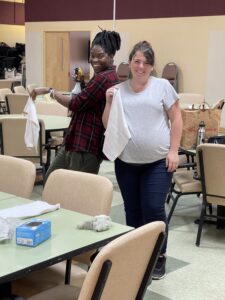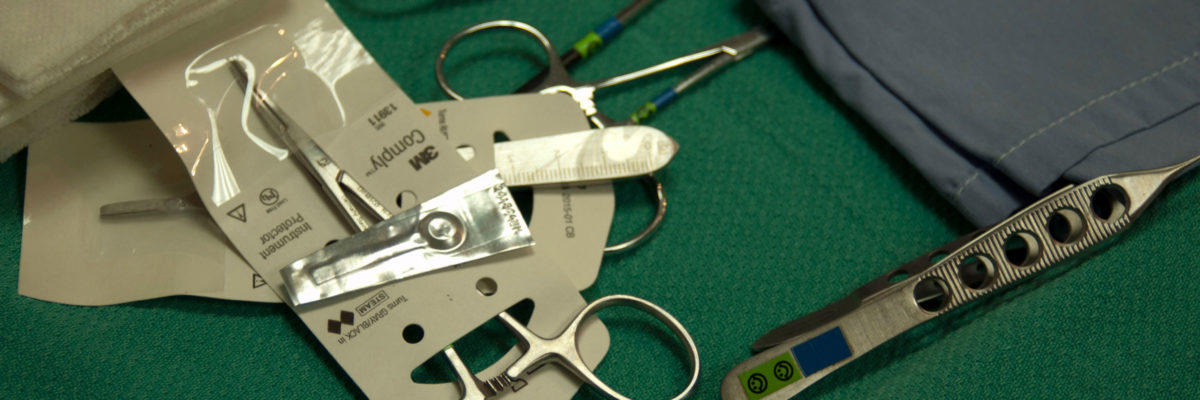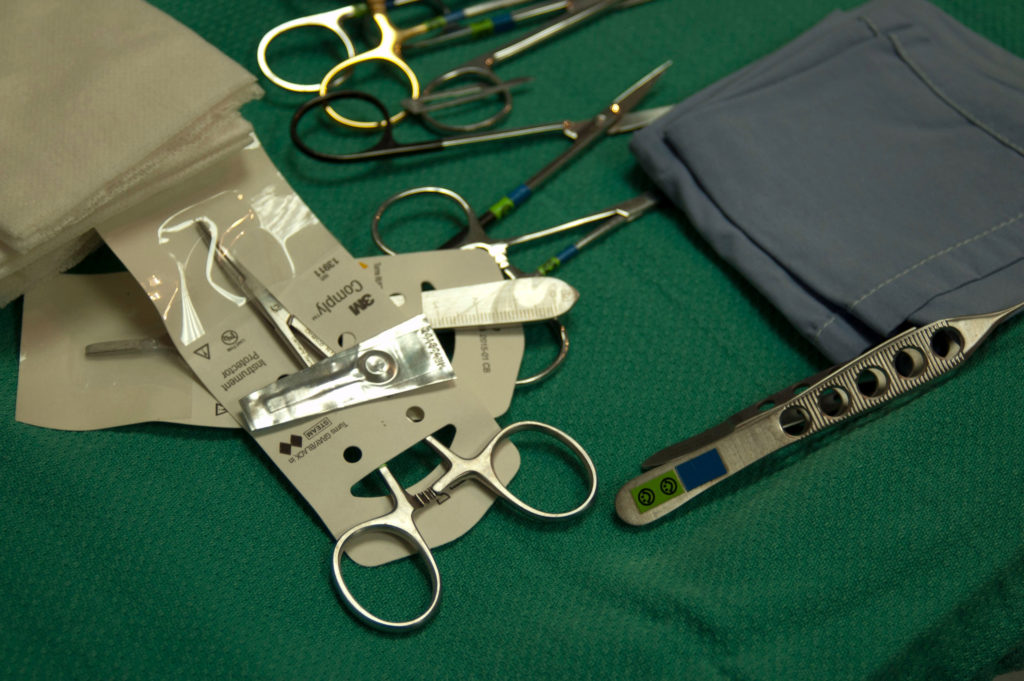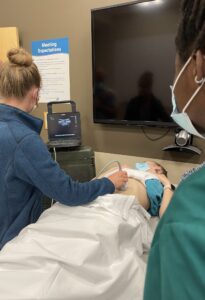At Maine-Dartmouth Family Medicine Residency we believe that excellent family physicians are curious, thoughtful, and critical problem solvers who are committed to lifelong learning. They believe in and practice both the art and science of medicine. They recognize that an individual’s health and wellbeing cannot be abstracted from the environment in which they live. Thus, issues of relationship, family, culture, psychosocial health, spirituality, economic status, and life stressors are always relevant and often critical to the wellbeing or illness of a given patient.
Our program is specifically designed to prepare physicians for the practice of full spectrum family medicine. We recognize that not all of our graduates will incorporate outpatient primary care, prenatal care, deliveries, procedures, and hospital rounds into their practice, but we want all residents to leave our program feeling competent to provide this comprehensive care. Throughout training, residents see their own panel of patients in their assigned continuity clinic, increasing their time in the clinic setting each training year, and they complete an outpatient clinic-focused block each year. Additionally, in their first year our residents participate in a foundational surgical skills rotation, spend 2 months training in obstetrics on the labor and delivery floor, and spend 3 months training on our inpatient service. In their second year, residents complete a maternal and child health (obstetrics) rotation to advance their skills and become more autonomous in patient management and obstetrical procedures, and they spend 2 to 3 months on the inpatient service with an emphasis on developing teaching and leadership skills in the hospital setting. In their third year, residents are assigned to the inpatient service 2 to 3 months as the senior resident managing the service. All residents share in covering the service on weekends and holidays during non-hospital rotations throughout training and provide back up as needed. Throughout training residents have opportunities to work with attendings in procedure clinics as well as incorporate procedures into their own clinic sessions. Residents have a minimum of 6 months of elective experiences, one of which is a “no call pool” elective that allows residents to pursue a geographically distant learning opportunity.
The learning experience at Maine-Dartmouth is specifically designed to:
- Prepare new physicians for the practice of full spectrum allopathic/osteopathic family medicine, with a focus on care to the structurally vulnerable and medically complex
- Inspire compassion and empathy for patients with social, economic, or behavioral health struggles
- Foster community involvement
- Instill an appreciation for the role of integrative and complementary approaches in healing and health promotion
Implicit in our educational curriculum are these assumptions:
- Residents are adult learners each with individual learning styles. Though not all residents come to us having developed an understanding of their particular educational needs, part of our work as faculty is to facilitate this knowledge in order to maximize individual growth.
- Residents must feel both supported and challenged in their clinical learning.
- Independent clinical decision making, properly supported, is the best and fastest road to competence.
Our educational program is largely concentrated into a half day each week, facilitating depth as well as breadth of family medicine education. See didactics for details.
Our clinical experiences are organized as block rotations, longitudinal learning, or a combination of the two. Residents have office hours in their home clinic site (except for one away block and one no-call block), maintaining continuity with their own panel of patients, including pediatric and prenatal patients. Residents also follow patients who are in nursing homes or are home-bound. See clinical experiences for details.


